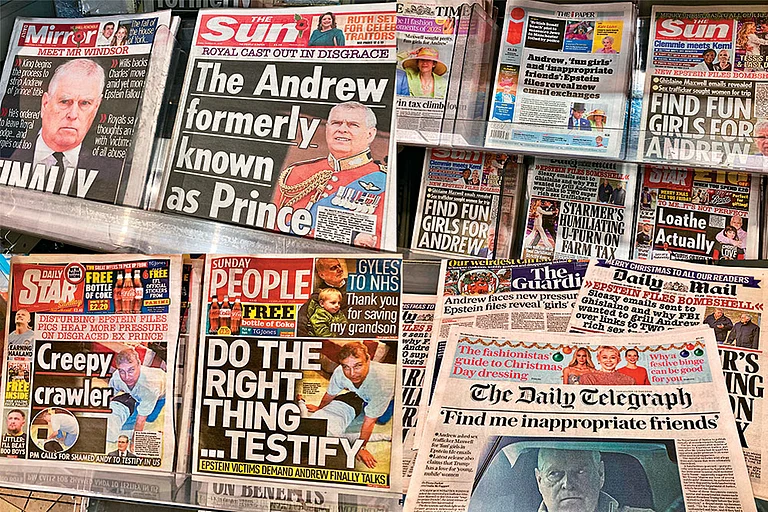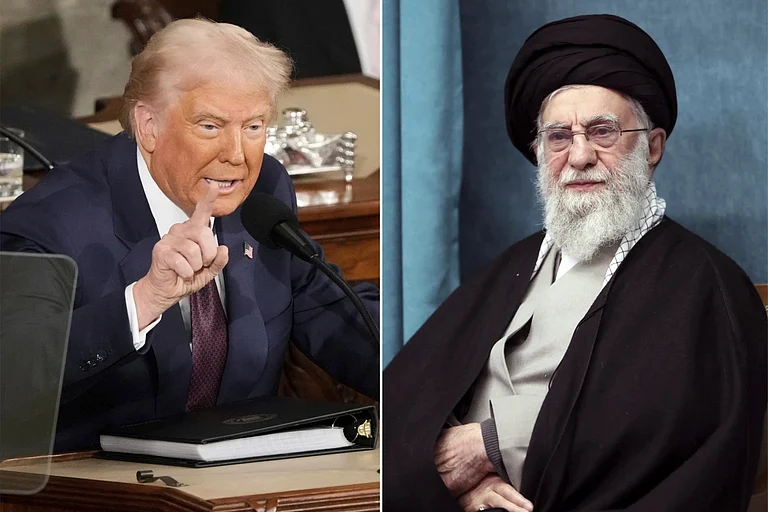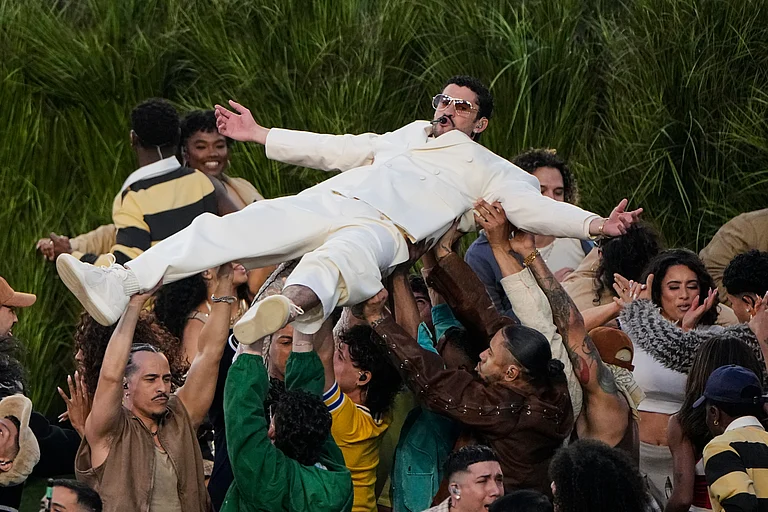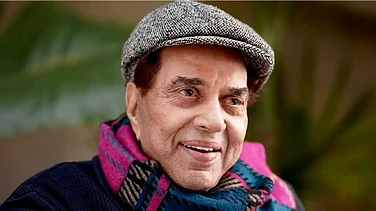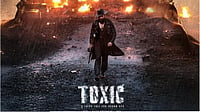“Where we come from is who we are but we choose every day who we become”—Vance’s (Gabriel Basso) dialogue, from Hillbilly Elegy (2020) pretty much sums up the sentiments of Ron Howard, the director who adapted the American Vice President’s memoir into a film. JD Vance, who is in India for a four-day official visit, thought of penning Hillbilly Elegy: A Memoir of a Family and Culture in Crisis back when he was studying at the Yale Law School.
In 2016, HarperCollins published the book—an account of Vance’s early life in Kentucky and Ohio that looked at the political transformation of the communities around him in Appalachia—which eventually became a national bestseller. Four years after the book came out, Howard made a film on it.

But Hillbilly Elegy, which was Netflix’s most-watched film on the day of its release, was panned by critics widely. While the memoir received some praise from conservative quarters for its critique of welfare policies and for Vance’s vivid description of his family’s dysfunctional dynamics, the film received popular rejection for a rather flat depiction that reinforced stereotypes about the poor. Both the memoir and the film were accused of turning a blind eye to racial politics and blaming the poor socio-economic conditions of America’s working class on their “laziness”.
Though the performances by Amy Adams and Glenn Close as Vance’s mother and grandmother were appreciated, critics went on to say that Hillbilly Elegy was a dull drama, written and directed with the aim of appearing as an Oscar-aspirant. In fact, some reports also attributed Vance’s move into the Trump camp to the lambasting that the film received. In a 2022 report, The Washington Post Magazine quoted Vance’s friend from Yale, Jamil Jivani, said that “the wounding commentary was the “last straw” in his falling-out with elites.”

Interestingly, in 2024, Howard, the film’s director and a vocal Trump critic, stated that he was taken aback by the statements and stances that Vance was taking during Trump’s campaign. "I just have to say I’m very surprised and disappointed by much of the rhetoric that I’m reading and hearing. People do change, and I assume that’s the case,” he said. He further recollected that at the time that he wanted to make the film, his conversations with Vance were hardly about politics, as he seemed quite disinterested. However, he insisted that people must respond to what they’re seeing and listening and vote responsibly. “I think the important thing is to recognize what’s going on today and to vote,” he was quoted as saying.




